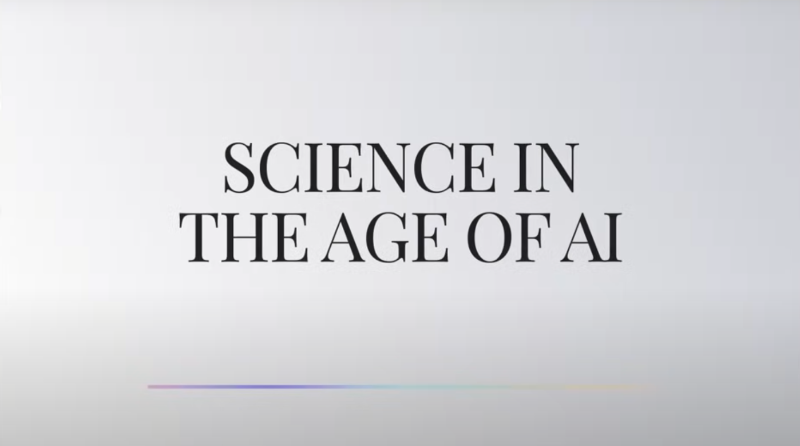by Boston University
Credit: CC0 Public Domain
Four years after a gunman killed 60 people and physically injured 867 more during the Oct. 1, 2017 Route 91 Harvest Music Festival in Las Vegas, witnesses and survivors of the tragic incident still struggled with their mental health, according to a new study led by Boston University School of Public Health (BUSPH) and the Medical University of South Carolina (MUSC).
Published in JAMA Network Open, the study found that nearly half of the Las Vegas concertgoers surveyed in 2021 reported that they had experienced major depressive episodes within the most recent year. More than 63% said they had experienced post-traumatic stress disorder (PTSD) during the same time period.
Findings underscore the critical need for sustained mental health support for people who experience a mass-violence incident. As the gun violence crisis continues to affect every corner of America, with mass shootings still on the rise and total gun deaths nearly quadrupling since 2014, the number of people who need these services will continue to grow.
"Our findings reveal the long-lasting impact of gun violence on witnesses and survivors, with many still grappling with severe mental health issues years after the Las Vegas shooting," said first author on the paper, Mohammed Abba-Aji, DrPH, research fellow in the Department of Epidemiology at BUSPH. "This underscores the unique and ongoing challenge America faces with mass violence and its aftermath. This crisis calls for a national response to not only address but to also prevent the enduring trauma inflicted on our communities."
For the study, Abba-Aji and Dean Kilpatrick, Ph.D., Distinguished University Professor at the Medical University of South Carolina, worked with colleagues to gather survey data on mental health outcomes among witnesses and survivors of the Las Vegas shooting, selected from a list of people who were eligible to receive services from the Vegas Strong Resiliency Center. Witnesses were defined as those who were present at the scene and/or sustained physical injuries, and survivors included family members or friends of people who were physically injured or killed.
Among the 177 witnesses and survivors who responded to the survey, 32.7% said they were physically injured during the shooting, and 49.7% of respondents said they had received little social support from family and friends during the six months prior to the survey. Those who were physically injured had a 30% higher risk of experiencing a major depressive episode or PTSD, compared with concertgoers who were not injured. Similarly, those who received inadequate social support had roughly a 50% higher risk of experiencing a major depressive episode or PTSD compared with those who received adequate social support.
"The fact that such a high percentage of these mass violence victims still had PTSD and depression four years later is disturbing and demonstrates a continuing need for effective, trauma-informed mental health services," said Kilpatrick, principal investigator on the project. "There is also a need for larger studies with longer follow-up of these survivors to see if these problems persist."
Other studies have documented these mental health conditions following mass violence incidents, but the prevalence of both major depression and PTSD prevalence appeared substantially higher among the Vegas shooting witnesses and survivors than among victims of other mass shootings.
"Our study adds to the evidence around the devastating societal impact of mass shootings and the need to advocate for policies to prevent them," said study co-author Salma Abdalla, DrPH, assistant professor of global health at BUSPH. "Moreover, the findings underline the necessity for ongoing mental health care, especially among people who experience physical injuries and lack of social support. The results highlight the urgent need for our health systems to prioritize long-term care strategies for trauma survivors, ensuring they receive the necessary support to effectively navigate their recovery journeys."
Study co-author Angie Moreland, Ph.D., is also the co-director of the National Mass Violence Center (NMVC) at MUSC. She said there is a variety of long-term support strategies that communities affected by mass violence events can implement to identify and treat mental health concerns as they arise.
"The results of this study highlight the importance of work we are doing at NMVC to help communities prepare for mass violence incidents and make sure victims and survivors have access to first-rate information and services when mass violence happens."
The NMVC offers a variety of resources for victims and survivors, community leaders and clinicians to guide mass violence incident preparedness, response and resilience efforts.
More information: Mohammed Abba-Aji et al, Prevalence and Risk Factors of Depression and Posttraumatic Stress Disorder After a Mass Shooting, JAMA Network Open (2024). DOI: 10.1001/jamanetworkopen.2024.2739
Journal information: JAMA Network Open
Provided by Boston University







Post comments